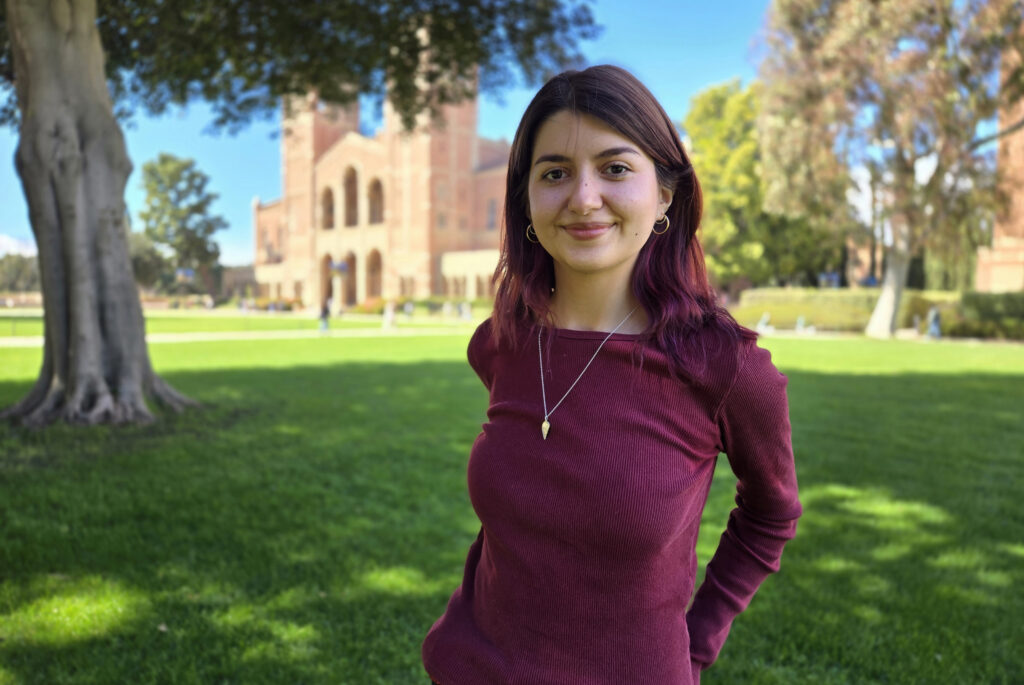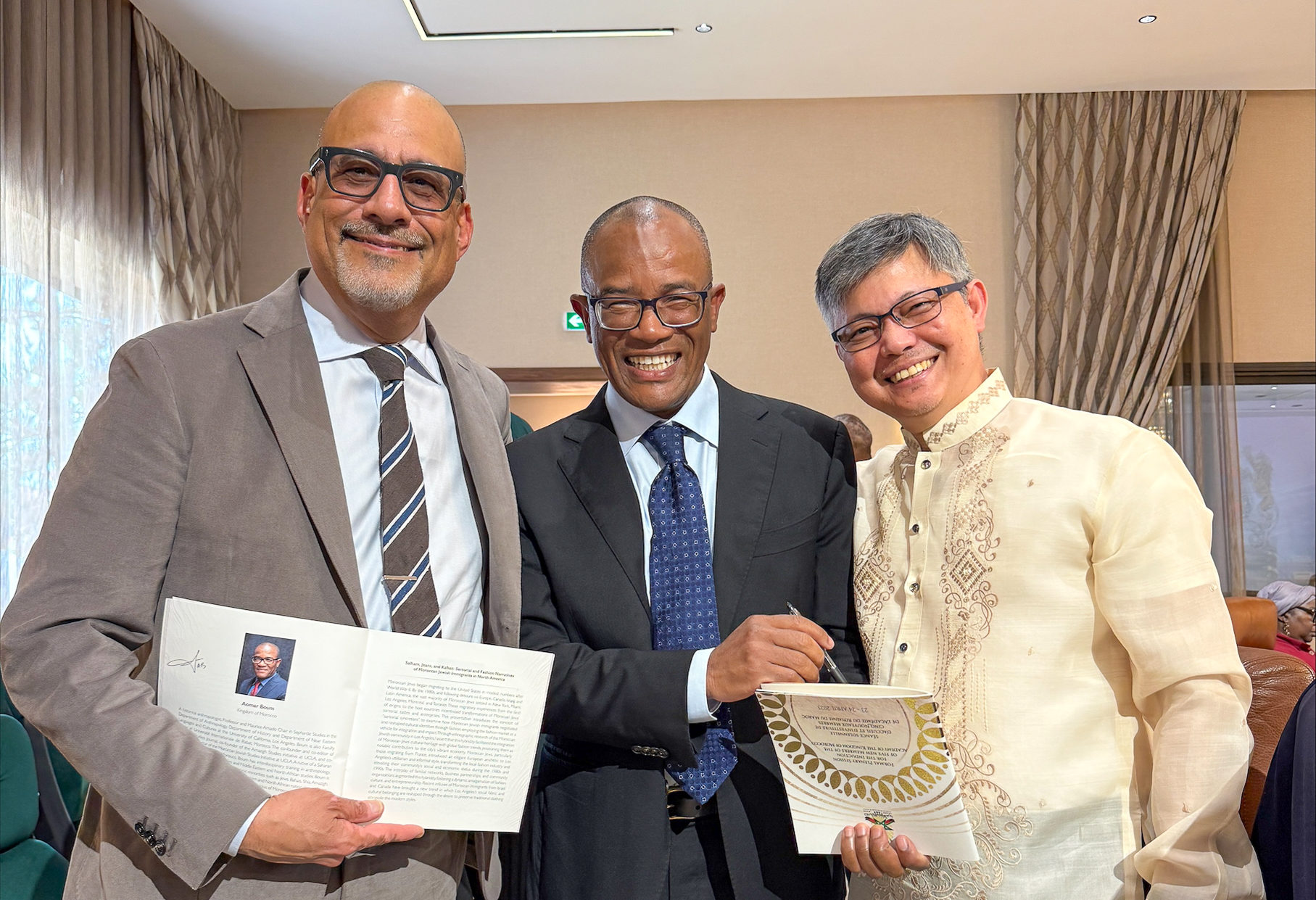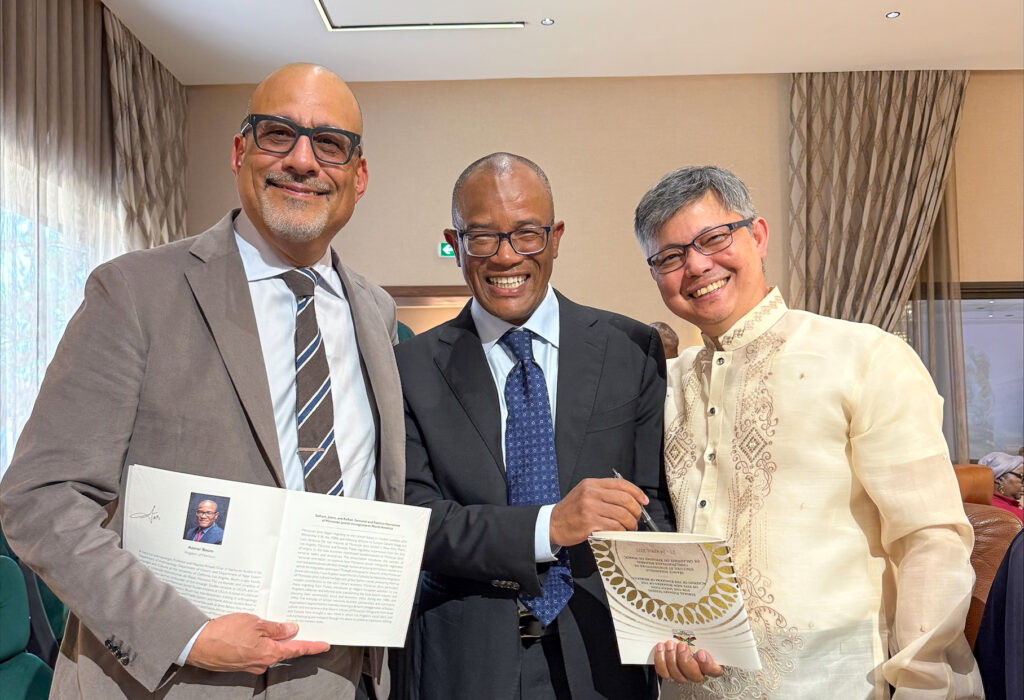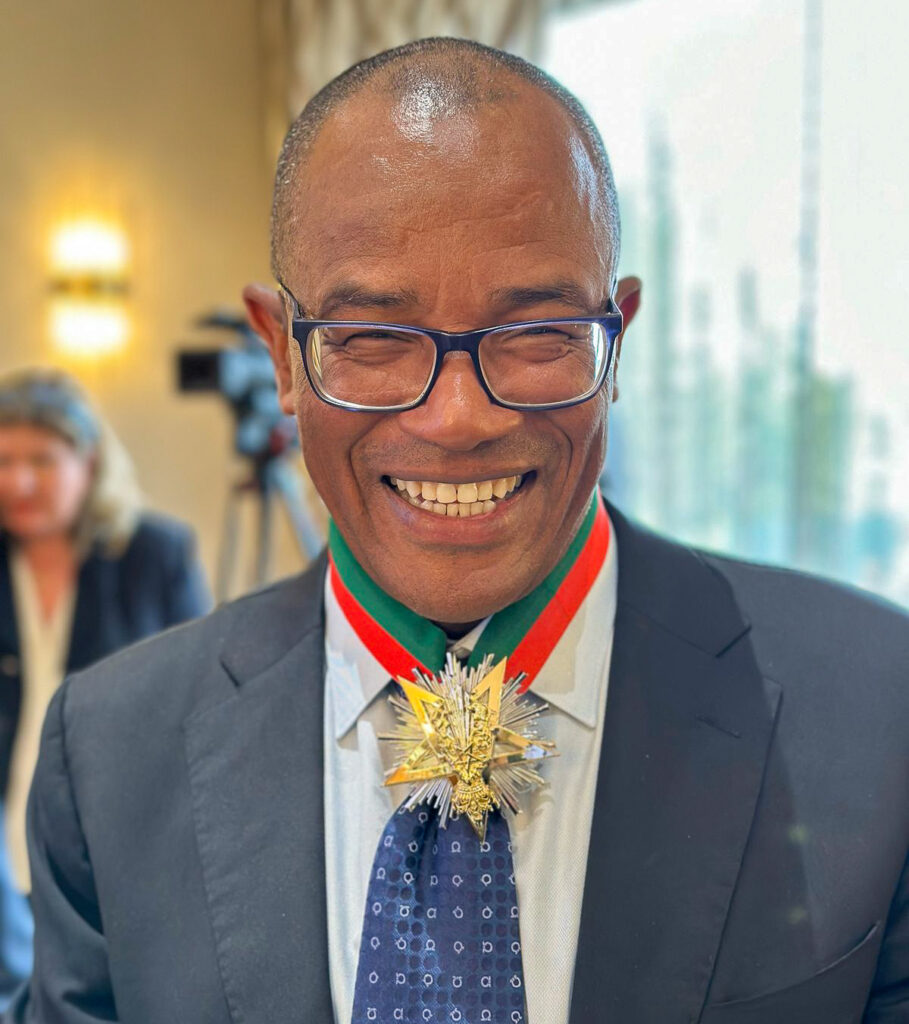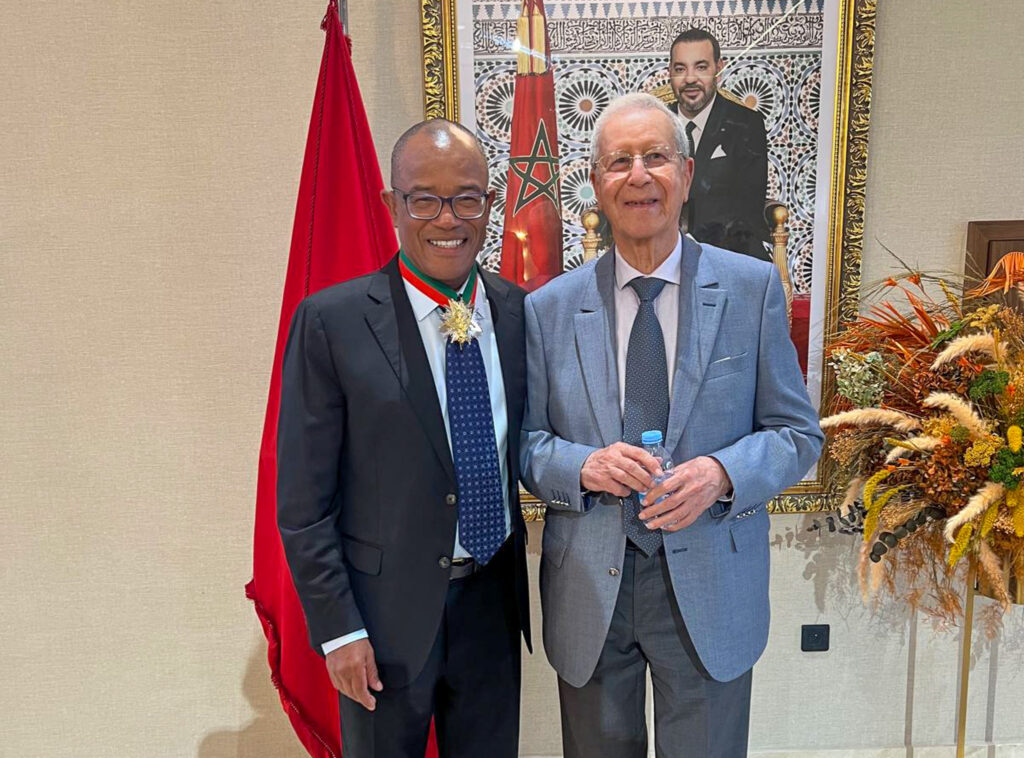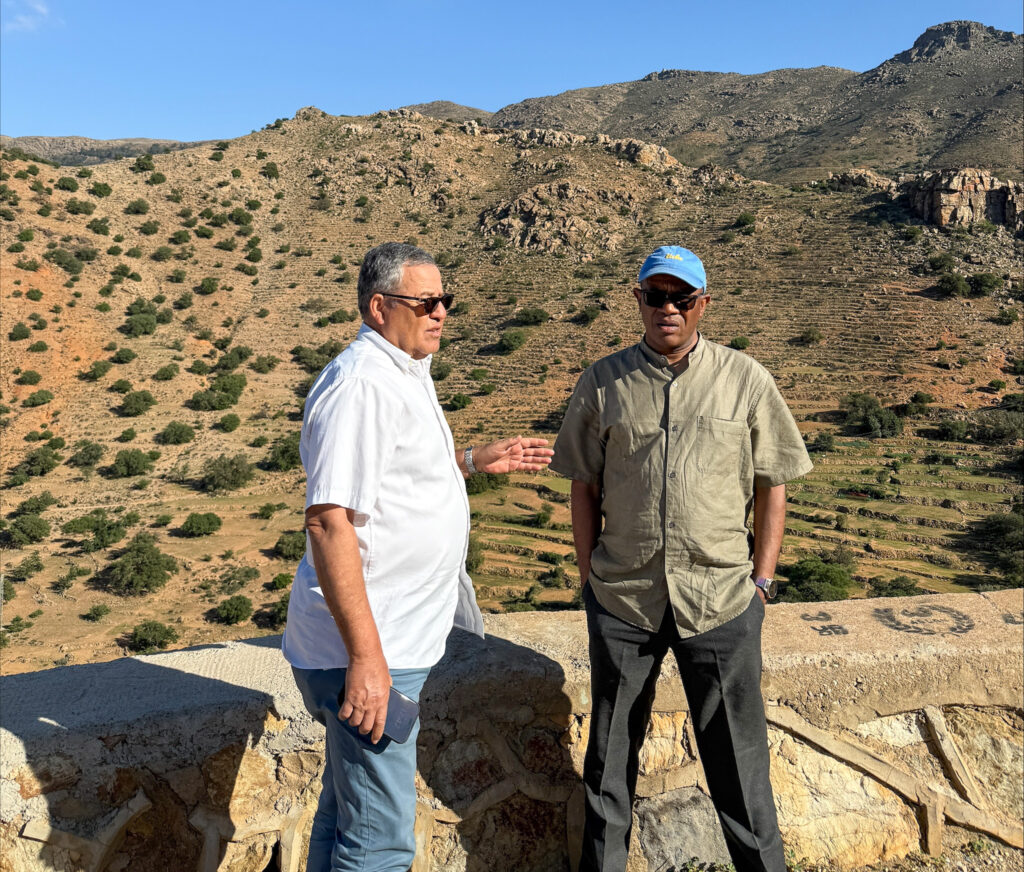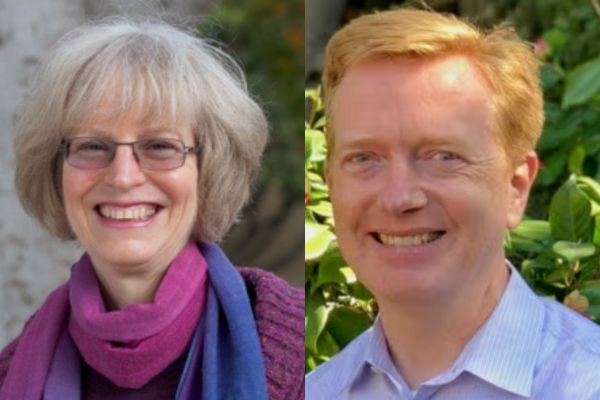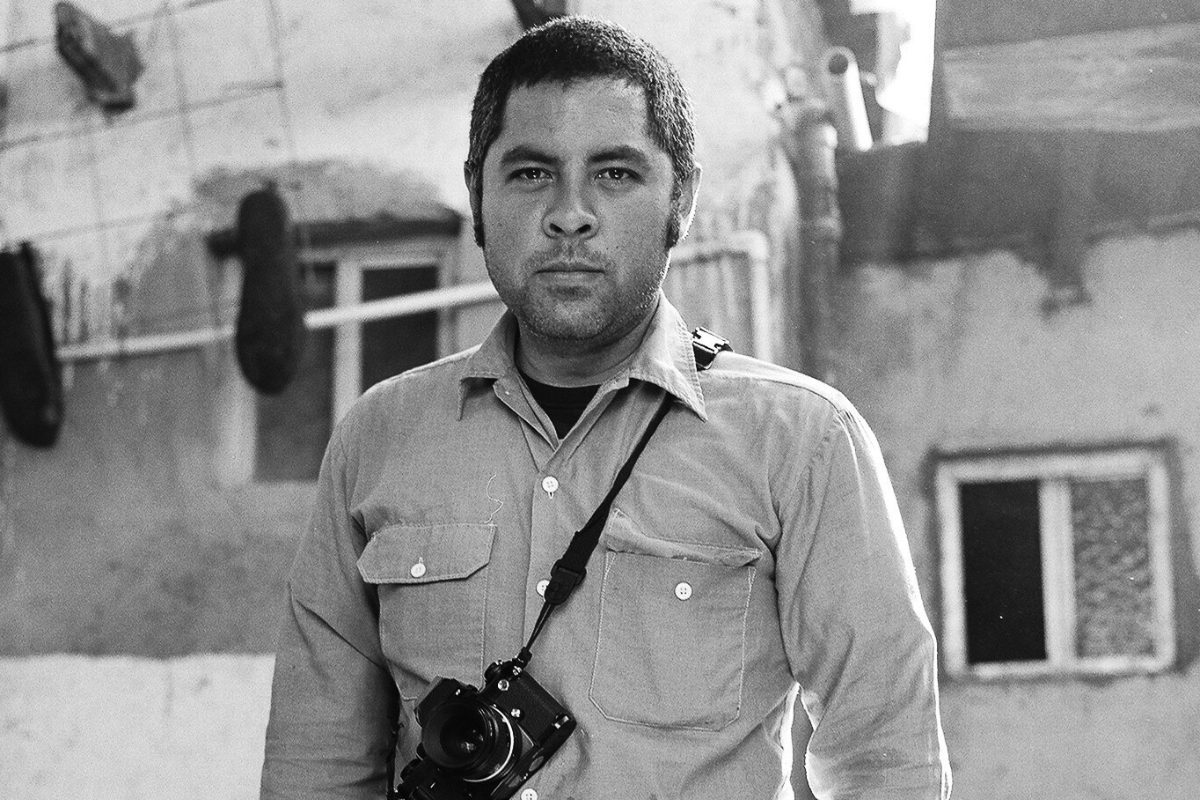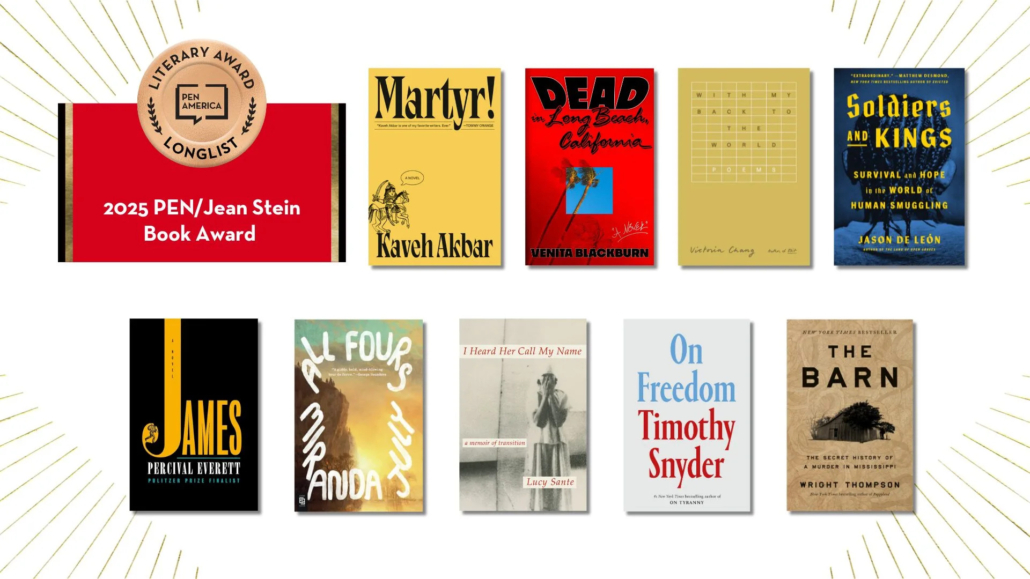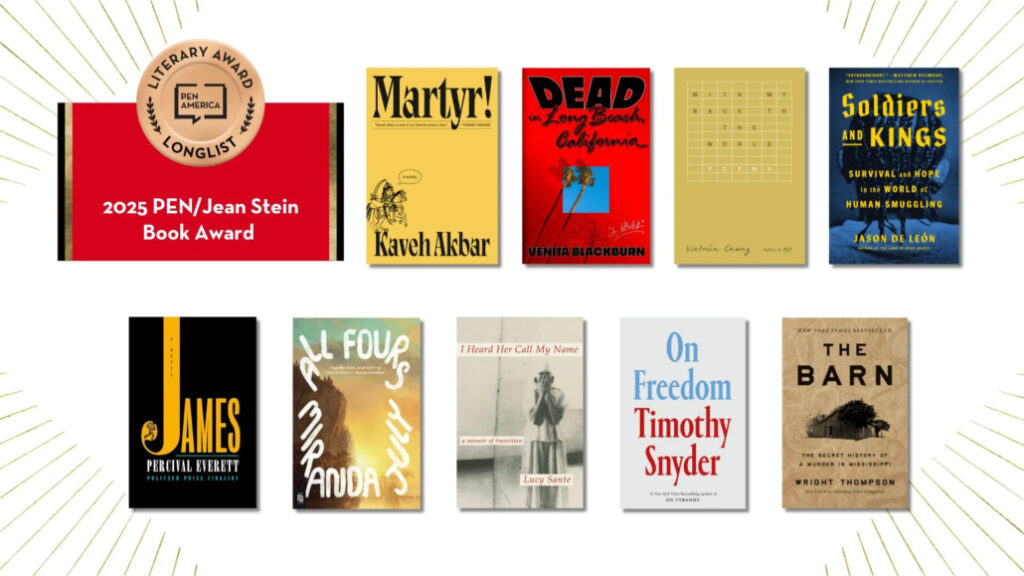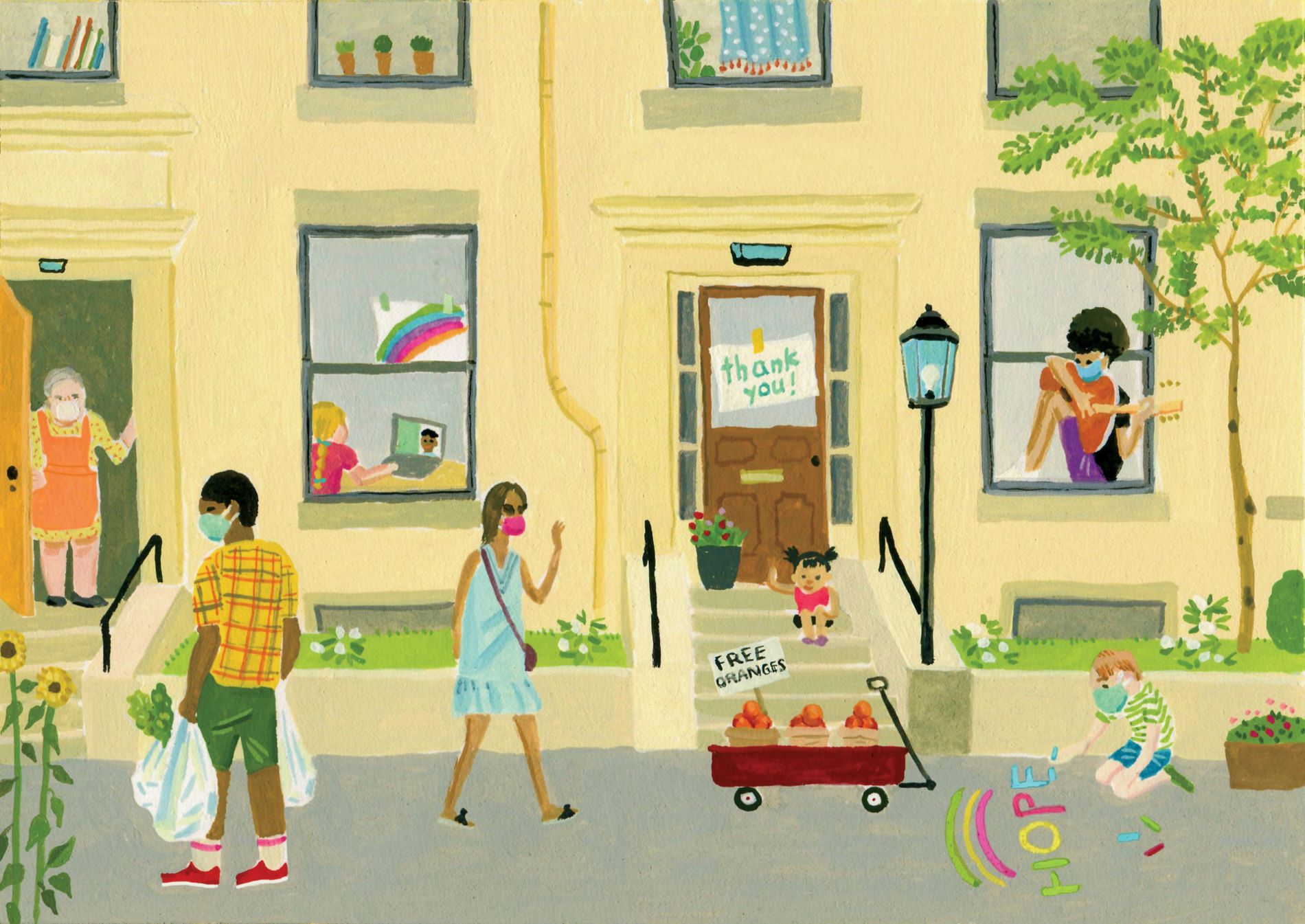Victoria Gutierrez’s senior research examines how Salton Sea residents organize to overcome poverty, environmental challenges
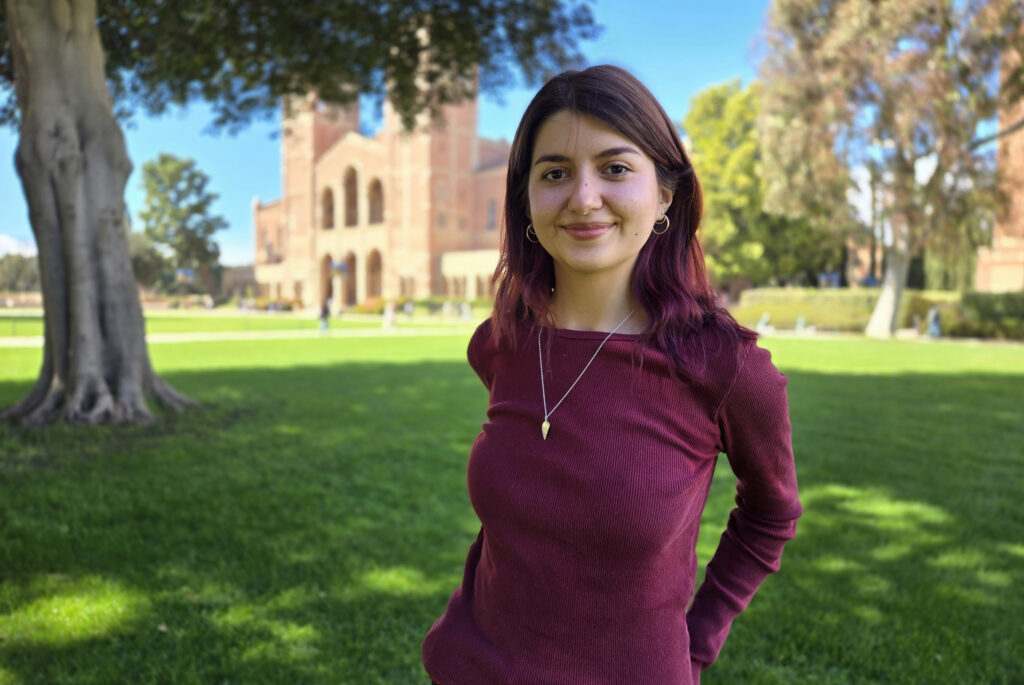
Sean Brenner | May 7, 2025
The research project Victoria Gutierrez is completing as a UCLA senior was inspired by a set of photographs she saw years before she set foot on campus.
As a 14-year-old, Gutierrez came across pictures of Salvation Mountain, the massive, colorfully painted folk art installation in the midst of a barren desert landscape in the Salton Sea region of southern California.
“I remember thinking, ‘What is this place? I have to go there,’” she said. The thought stayed with her over the next few years, and she pondered the small communities of people living there.
“It’s very beautiful, but it’s very desolate, plants don’t really grow and it’s known for having toxic dust that comes from the Salton Sea,” Gutierrez said. “I just wondered, how do people live there, how do they cook, how do they do this? Those questions just lived in my brain for a long time.”
Shortly after Gutierrez arrived at UCLA — the Rhode Island native transferred in 2023 from Saddleback College — the opportunity to explore those questions arose. Determined to pursue her own research project, she set up a meeting at the Undergraduate Research Center. It was there that a UCLA graduate student named Jewell Humphrey suggested that Gutierrez think about what questions she had always wanted to find answers to.
The Salton Sea came immediately to mind.
After she discussed possible research approaches with UCLA anthropology professors Jason De León and Jason Throop, Gutierrez had a concept for a sophisticated anthropological study. The project, which is supported by the UCLA/Keck Humanistic Inquiry Undergraduate Research Program, focuses on how residents of Bombay Beach and Slab City cope with the ecological damage, extreme poverty and limited government support they face — and how they organize in an attempt to overcome those challenges.
“Victoria’s project seeks to understand the experiences of those living on the margins in rural California and how people attempt to build community in places where infrastructure, poverty and climate change work to disrupt social networks,” said De León, who also has a faculty appointment in Chicana and Chicano studies and is a member of the Cotsen Institute of Archeology.
“As we move into a new era of climate change whereby the haves and have-nots differentially experience things like droughts, rising temperatures and other catastrophic environmental events, projects such as Victoria’s will become increasingly important. I applaud her for tackling such an important social issue.”
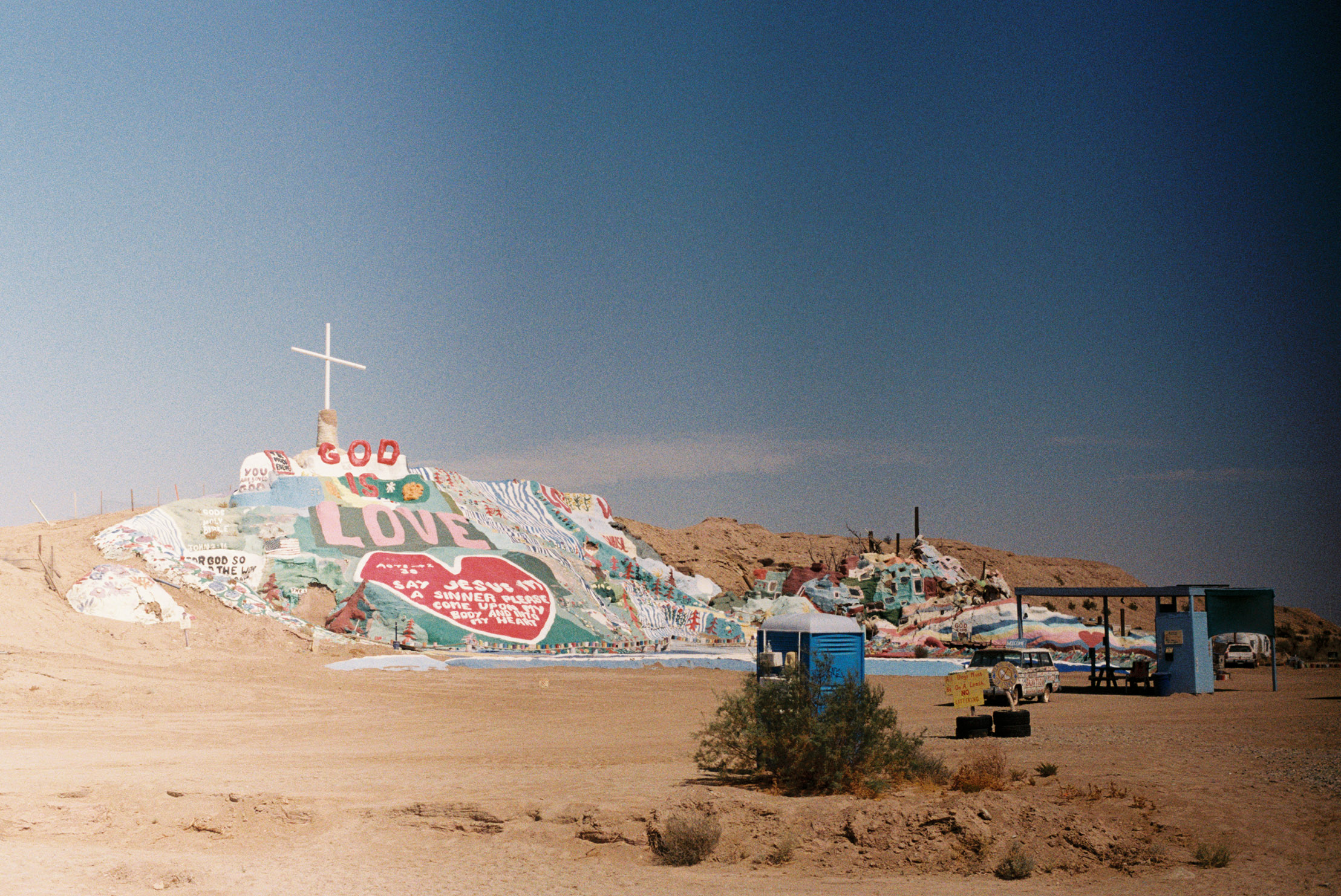
Over the past year, Gutierrez has conducted dozens of interviews with residents and spent weeks living among them, even volunteering at a cooling center — a climate-controlled trailer where locals can escape the oppressive heat.
“I’d do 12-hour shifts, just making sure the air conditioning was on,” she said. “People would come in, and I would get to talk to them for really long periods of time.”
Initially, Gutierrez planned to focus on the role of climate change in the region, but she changed gears when she realized residents were more focused on their efforts to improve their communities. One woman she interviewed was applying for grants to build a park in Bombay Beach.
“I was really inspired by how these people kept wanting to do better for themselves, even in the face of seemingly insurmountable obstacles,” said Gutierrez, a political science major and anthropology minor.
Her study also highlights the stark realities of poverty. Many residents told her they had ended up in the area mostly because they had nowhere else to go. She recounted the story of one woman, Belinda, who had been arrested as a teenager and never had access to formal education.
“She is functionally illiterate, has no degree and suffers from severe health conditions,” Gutierrez said. “If she lived in L.A., she’d probably be in far worse conditions. But in Bombay Beach, she’s welcomed and seen as a respectable member of society.”
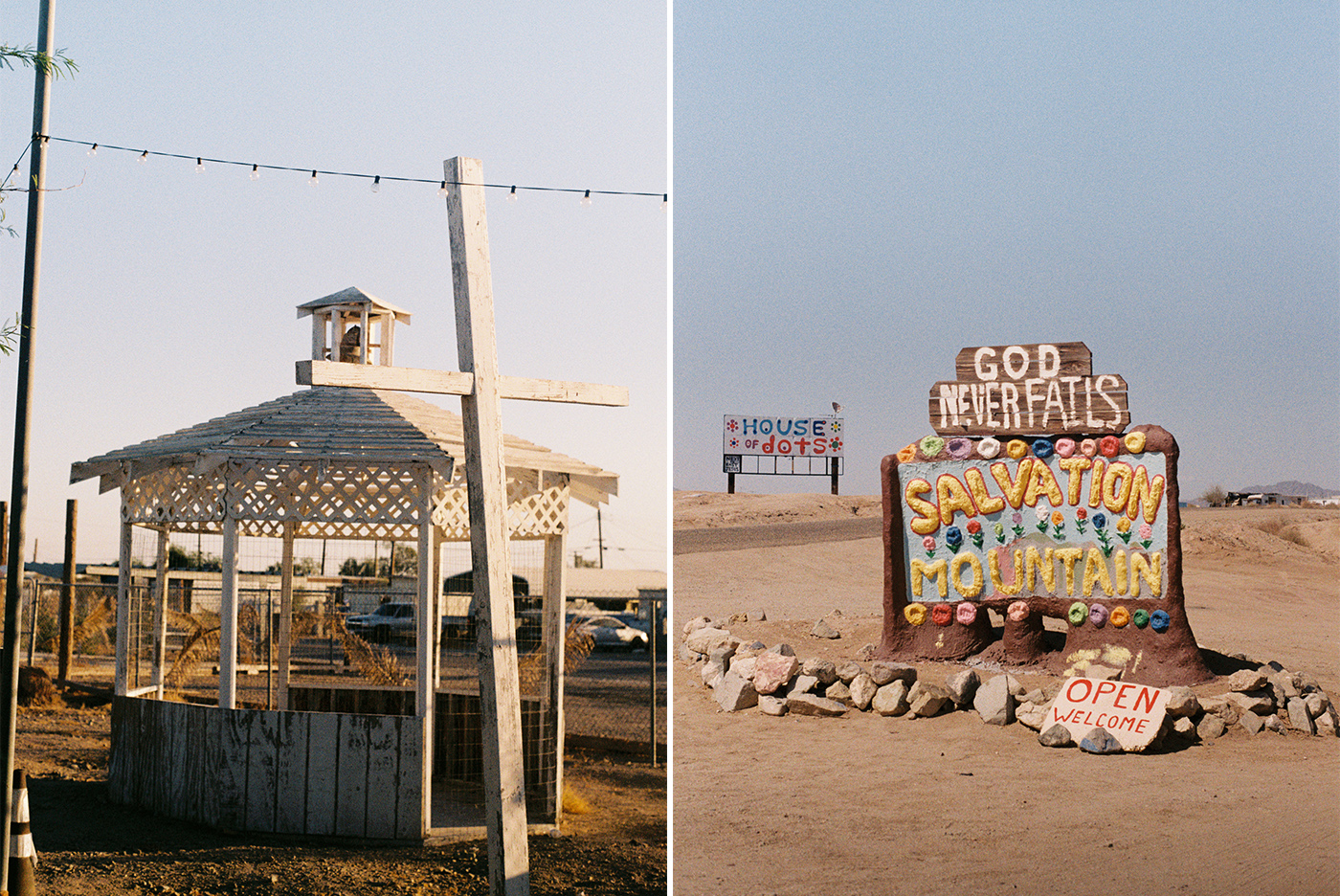
Gutierrez’s study is timely: In January, a judge cleared the way for a long-planned project that will mine large amounts of lithium from the ground beneath the Salton Sea. Lithium is an essential component of electric car batteries, mobile phones and numerous other products, and the region is said to have an enormous supply, so the potential economic benefits are obvious. But the possible ecological consequences, in particular, have worried locals and environmental activists.
“It’s really curious that the first meaningful efforts to clean up the Salton Sea are happening just two years after it was declared the largest domestic deposit of lithium,” Gutierrez said.
And although the communities of the Salton Sea face an unusual set of challenges, Gutierrez said her research has made clear that the region holds lessons for everyone, no matter where they live.
“One of my biggest takeaways is that we’re all a lot closer to being in a situation like Bombay Beach than we think,” she said. “With climate change, wildfires and economic instability, these issues aren’t as far removed as they seem.”
Gutierrez is still deciding what her next steps after graduation will be, but one way or another, she’s determined to continue studying the region. “I love the Salton Sea,” she said. “I feel very lucky that I know what I care about.”
This story was originally published via UCLA Humanities.

